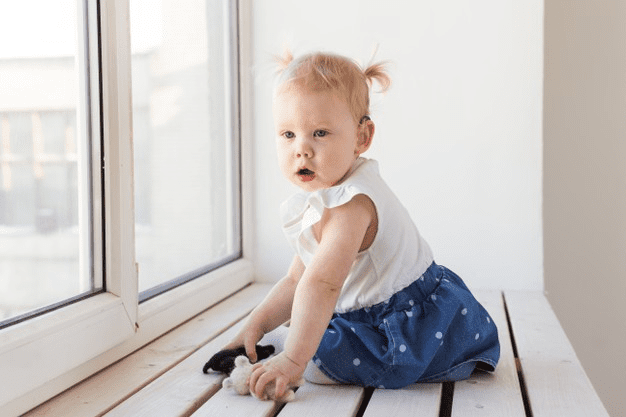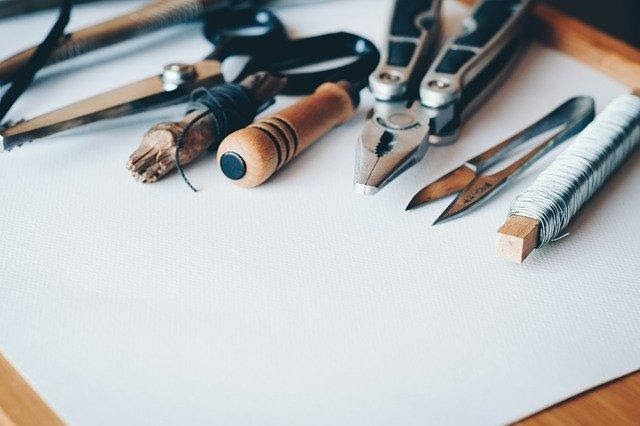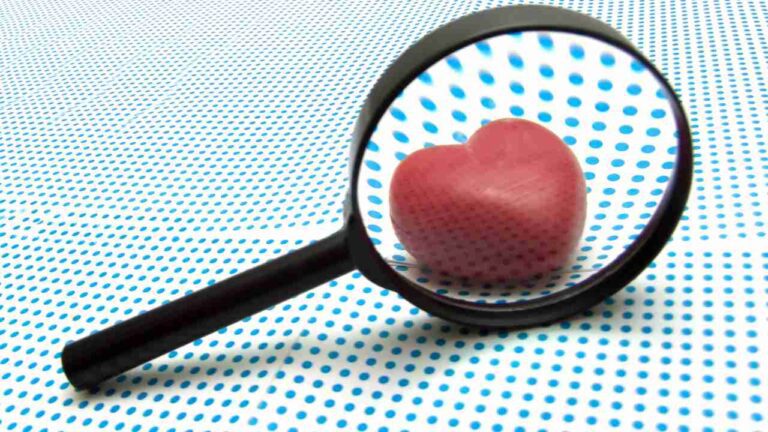It’s not rare at all for newborn babies or small children to have hearing loss problems, in fact, it is seen a lot among children and newborns these days. Many newborns are born with some degree of hearing loss as a birth defect. An audiologist or some other hearing health care professional can determine if your child has hearing problems or not. Especially newborn babies have to go through newborn screening, from which you can know if your baby has hearing loss problems as a birth defect. Based on the type and degree of hearing loss, your child can be hugely benefitted from using hearing aids.
If you find out that your child has hearing loss problems, you need to take proper measures to make sure that your child doesn’t face many difficulties regarding that. Apart from birth defects, a child might develop hearing loss problems due to medication side effects, genetic conditions, infection, exposure to loud noise, etc. Whatever the reason, you need to get started with the ways you can mediate the problems as much as possible. If you don’t try and minimize the problems, your child might not be able to develop language skills, communication, vocabulary, etc. as per the need and expectation.
Pediatric Hearing Aids
Using hearing aids can be a highly efficient way to ease the hearing loss problems your child is facing. For newborn babies, and children under certain ages, there are special pediatric hearing aids, which are specifically made for them in a way that will be more convenient than normal hearing aids. Generally, all the hearing aid models contain microphones to pick up sounds and a processor that works to analyze the sound. The processor amplifies desired sounds while filtering out the unwanted ones. They are powered by batteries, either rechargeable or disposable. But the hearing aids that are made for little kids and infants are different from them. Basically, pediatric hearing aids work in a similar way to adult hearing aids, but they have a few key differences. They are-
- Pediatric hearing aids are built to be more durable than average adult models, as children might give their hearing aids a really hard time. If the hearing aids are not durable enough, they might easily get damaged or break. So, they have high durability.
- Pediatric hearing aids are always built to be compatible with different assistive devices including FM systems. This helps a lot to facilitate learning and communication for little children, especially school-going kids.
- The battery cases of pediatric hearing aids are tamper-resistant as the batteries can be really harmful to the babies if they somehow swallow them or just even play with them.
- Pediatric hearing aid cases include special LED lights that work to indicate if the hearing aid is properly functioning. This feature will allow you to know if your child’s hearing aid is working properly
- Pediatric hearing aids are built in a really colorful manner so that they are easy to find, and the children like to put them on. They also made without using harmful chemicals or possible allergens in order to keep the kids safe.
Sizes and Types of Pediatric Hearing Aids
Pediatric hearing aids also have the same types as adult hearing aids. They can be worn in the ear, or behind the ear depending on the kid’s convenience. They can vary in size and style depending on the hearing loss type and degree too. However, most of the children are fit with behind-the-ear or BTE hearing aids, regardless of the degree of hearing loss. There are small BTE pediatric hearing aids to ensure that the device will have a secure fit. The hearing aids deliver sound to the ears through a soft and plastic-made earmold that fits in the outer ear comfortably, or a dome. As the child grows bigger, you can easily replace the earmolds and domes without the expense of replacing the actual hearing aids.
Importance of Using Pediatric Hearing Aids
If an audiologist diagnoses the hearing loss problems of your child and then recommends that they should start using hearing aids, you must take it seriously. You need to make sure that your kid is using the appropriate hearing aid for them so that they can have a better hearing. Not only providing a better hearing ability or better hearing health, but pediatric hearing aids also have many other importances that you will understand in the long run. These are-
Cognitive Skills
Children’s brains go through a rapid development from their birth to three years. It is critical to input sound consistently to develop normal brain pathways for hearing, language, and speech.
Language Development
Early listening and speaking is really important for language development. But you can’t really teach your child while they are developing their language, instead, they catch the language on their own. Little kids pick up on words, spoken syntax, and language structure by being continuously exposed to language. If you don;t take care of the hearing loss problems of your child early on, this language development process will be highly hindered. Speech and language therapy can also help the children, but starting to use pediatric hearing aids during the early days can be of huge help.
Bonding With Parents
Consistent hearing is really important for infant or toddlers to create the special bonding with their parents. It helps to build trust among the babies, and allows them to have the feeling of predictability and reliability.
Keeping The Hearing aids in Shape
You need to take some care of the pediatric hearing aids as the children can’t do do by themselves. As the hearing aids go throhgh some rough usage, they need proper care to be in shape. You will need to chack batteries regularly and keep spares nearby. Keep the hearing aids dry, clean, and check the listening of the hearing aids on a regular basis with the help of an audiologist.
Final Words
If you little child is going through hearing loss problems, pediatric hearing aids can be a really efficient solution to help them. The hearing aids will not only increase their hearing ability, they will also help your children to grow up with proper language, speech, and communication development.






